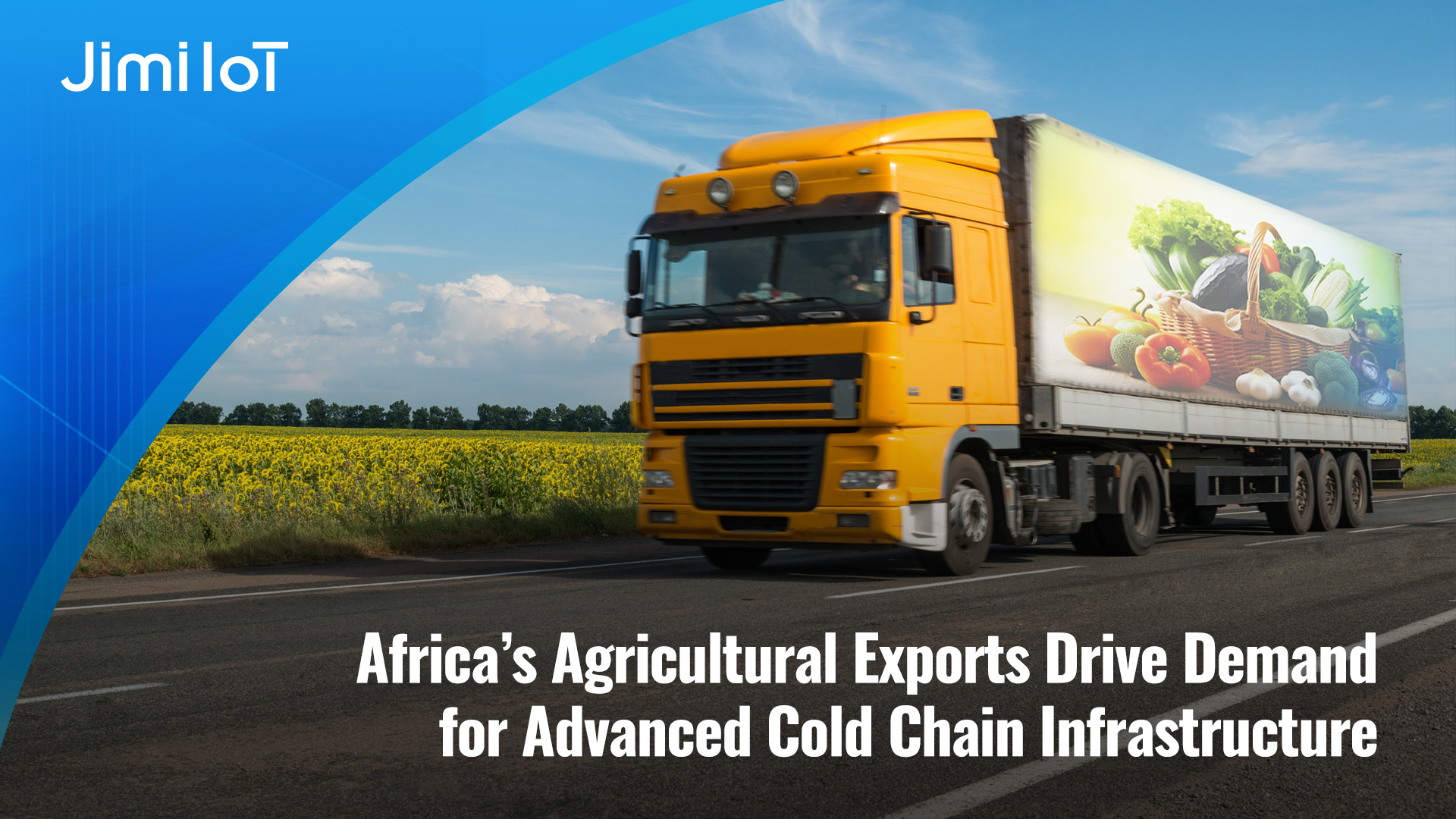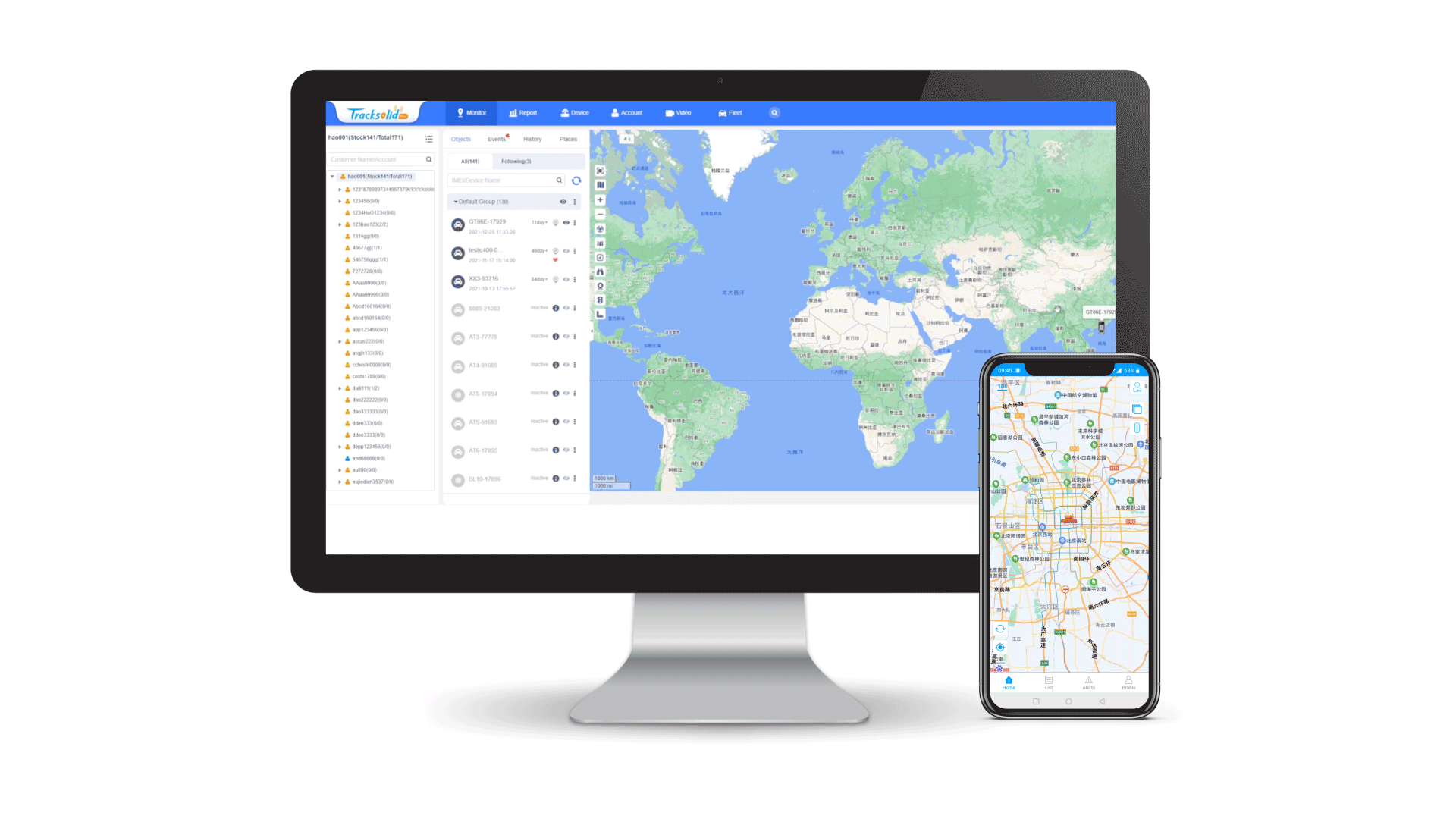Introduction
Africa’s agricultural sector has long been one of its economic backbones, supported by rich natural resources and favorable growing conditions. However, as the continent’s agricultural exports increase, the demand for advanced cold chain logistics has surged, especially for products requiring temperature control to maintain quality. Agriculture, forestry, and fisheries account for at least 17% of Africa’s GDP, according to the Organization for Economic Cooperation and Development (OECD) and the United Nations Food and Agriculture Organization (FAO), underscoring the critical role that cold chain infrastructure plays in supporting the continent’s exports and economic resilience.

In Kenya, one of East Africa’s largest economies, agriculture alone contributes approximately 24% of the national GDP and employs around 40% of the workforce as of 2022. The country’s agricultural exports, which include staple goods such as coffee, tea, flowers, and fresh produce, constitute 60% of its total exports, underscoring the sector’s critical role in the national economy. Notably, over 40% of these agricultural exports require reliable cold chain treatment to reach markets without spoilage, highlighting the importance of temperature-controlled logistics for economic resilience and competitiveness.
Cold Chain Infrastructure: A Key to Unlocking Global Market Access
The demand for Africa’s agricultural products is expanding, not only within the continent but also internationally, in regions including Western Europe, South and East Asia, the Middle East, and North America. Each of these regions imposes strict quality standards, particularly on perishable goods, making efficient and resilient cold chain logistics an essential component for African exporters.
Kenya’s flower industry, for example, illustrates the importance of effective cold chain logistics. With its exports comprising roughly 40% of the European Union’s floral imports, ensuring that flowers reach their destination fresh and undamaged is vital. Similarly, Kenya’s fresh produce exports—comprising fruits, vegetables, and other perishable foods—depend on a reliable cold chain system to maintain quality and meet the sanitary standards of international markets. This demand is supported by over 200 exporters who focus exclusively on fresh produce for export, making temperature-controlled logistics a cornerstone of their business.
Growing Investment and Innovation in Cold Chain Logistics
As the demand for agricultural exports grows, African countries are investing heavily in the necessary infrastructure to meet international market standards. Kenya’s Vision 2030 development plan, for instance, includes a comprehensive agricultural stimulation strategy aimed at enhancing research, innovation, collaboration with the private sector, and improving produce quality. Additionally, international investors are stepping up to support Africa’s agricultural infrastructure. For instance, the European Union recently pledged $25 million through TradeMark Africa’s Business Environment and Export Enhancement Programme, an investment aimed at improving Kenya’s export competitiveness and supply chain resilience.
Jimi IoT is positioned at the forefront of these advancements, providing innovative IoT solutions tailored for cold chain logistics. The LL309 Temperature and Humidity Monitoring Tracker is an example of how IoT technology can transform agricultural supply chains. With GPS, BDS, and LBS-enabled tracking, the LL309 enables real-time monitoring of perishable goods, alerting users to any deviations in temperature or humidity. This device allows exporters to ensure products such as flowers, fruits, and vegetables maintain quality and freshness, helping them meet the high standards required in global markets.
IoT Technology: A Game-Changer for Africa’s Cold Chain Infrastructure
For African exporters looking to expand their reach in the global marketplace, IoT-enabled solutions such as Jimi IoT’s Tracksolid Pro platform and the LL309 tracker are essential. The Tracksolid Pro platform delivers seamless GPS tracking and video monitoring, which are indispensable tools for managing and monitoring agricultural supply chains. This platform provides real-time visibility and control over the entire cold chain, from harvest to delivery. Increased supply chain transparency helps exporters maintain product quality, comply with international standards, and minimize losses due to spoilage.

One of the key advantages of the LL309 tracker is its ability to store up to 20,000 records of location, temperature, and humidity, even when offline. This feature is crucial for rural and remote areas, where network coverage may be intermittent, ensuring that vital data on perishable cargo can still be collected and analyzed once the device reconnects. By providing this robust level of monitoring, Jimi IoT’s solutions help reduce waste and improve efficiency, directly impacting profitability for African agricultural exporters.
Meeting Future Cold Chain Demand with Sustainable and Scalable Solutions
With African food exports expected to grow significantly, there is a strong need for a cold chain infrastructure that can meet future demand. Projections suggest that food value in Eastern and Southern Africa could increase by up to 800%, and trade in processed agricultural products by 90%, by the year 2050. This growth creates an urgent need for scalable cold chain solutions that can support larger and more complex supply chains, especially for high-value exports that are sensitive to temperature fluctuations.
The need for a robust cold chain infrastructure extends beyond Africa’s borders. International markets are increasingly dependent on Africa’s agricultural output. In early 2024, ports in Shanghai, China received over $100 million worth of agricultural products from Africa, a sharp increase from the same period the previous year. This growing interdependence between Africa and international markets underlines the need for investment in reliable, IoT-powered cold chain logistics to ensure that African exporters can consistently meet global demand.
Building Resilience in African Agriculture Through Advanced Cold Chain Logistics
The importance of cold chain logistics for Africa’s agricultural sector cannot be overstated. With the backing of international programs such as the EU-funded Business Environment and Export Enhancement Programme, African agricultural exporters are better positioned to overcome regulatory challenges, establish traceability, and meet the quality standards demanded by international markets. By integrating Jimi IoT’s advanced tracking solutions, such as Tracksolid Pro and the LL309, African businesses can strengthen their supply chain resilience, minimize spoilage, and enhance product quality.
Jimi IoT’s IoT solutions do more than simply enable monitoring; they empower African agricultural businesses to transform their logistics and cold chain capabilities. The Tracksolid Pro platform, with its secure and scalable design, provides African exporters with the data visibility needed to enhance operational efficiency, adhere to global regulatory requirements, and secure market share. Through these innovations, Jimi IoT contributes to building a sustainable and competitive agricultural industry in Africa, capable of supporting economic growth and securing a more resilient future.
Why JimiIoT
JimiIoT is a global leader in innovative IoT solutions. We provide cutting-edge hardware and software tailored to enhance efficiency and connectivity. Our range of products includes advanced GPS tracking devices, asset management solutions, smart vehicle dashcams, and telematics platforms. With a focus on technological excellence and customer satisfaction, we empower businesses to optimize operations and gain valuable insights from data-driven analytics. Trust JimiIoT to drive positive change and unlock growth opportunities in the digital age.
If you would like more details, please visit Facebook, LinkedIn, INS, and Twitter pages for further information.
 US
US ES
ES PT
PT TH
TH VN
VN JP
JP



